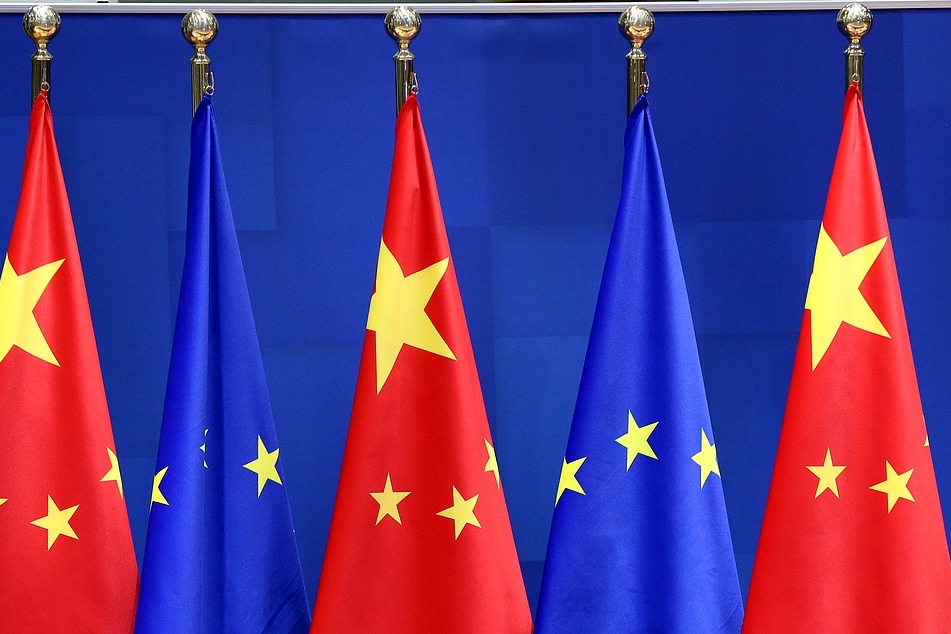Microsoft is under fresh scrutiny after a senior Xbox executive suggested that artificial intelligence could offer support to thousands of employees affected by the company’s recent round of layoffs.
The advice, shared in a since-deleted LinkedIn post by Xbox Game Studios’ Matt Turnbull, has reignited concerns about the tech industry’s reliance on automation even as it trims human capital.
Turnbull had recommended that laid-off employees turn to AI chatbots such as ChatGPT and Microsoft Copilot for help with resume writing, career planning, and even emotional support.
“These are really challenging times, and if you’re navigating a layoff or even quietly preparing for one, you’re not alone and you don’t have to go it alone,” Turnbull had said. “No AI tool is a replacement for your voice or your lived experience. But at a time when mental energy is scarce, these tools can help get you unstuck faster, calmer, and with more clarity.”
The post was quickly removed, but screenshots continue to circulate online, particularly on alternative platforms like Bluesky, where many users reacted with skepticism and frustration.
The timing of Turnbull’s remarks could hardly have been more sensitive. Microsoft’s latest layoffs, announced last week, are expected to impact roughly 9,100 workers. Gaming divisions including Xbox have been particularly hard-hit, sparking fears across creative teams already grappling with the growing presence of AI in their workflow.
Observers have noted a stark contrast between Microsoft’s deepening investment in artificial intelligence and its repeated downsizing of human teams. The company has already committed over $80 billion toward AI infrastructure and partnerships, including its ongoing collaboration with OpenAI.
This wave of layoffs marks the eighth major workforce reduction at Microsoft in the past decade, a cycle that many employees say has eroded morale and confidence in leadership.
Historically, Microsoft’s restructurings have often followed major acquisitions or strategic shifts. In 2014, for instance, the company cut 18,000 jobs following its acquisition of Nokia. Today’s climate echoes that pattern, with AI emerging as the next big pivot, but one that also appears to be displacing jobs across departments.
Within the gaming sector, Turnbull’s post has struck a particularly raw nerve. Creatives and developers are voicing growing unease about AI’s expanding footprint in narrative design, art generation, and content creation.
Many view it not just as a tool, but as a potential replacement for human ingenuity. Suggesting that AI could also offer comfort to workers recently made redundant by the very industry adopting such tools, critics say, feels tone-deaf and dismissive of deeper structural issues.
This latest round of Xbox layoffs follows similar moves across the gaming landscape, where large companies have cut jobs even during profitable quarters. Industry veterans warn that treating workers as disposable, especially while touting the benefits of automation, risks long-term damage to innovation and trust.
Turnbull’s post also tapped into broader fears about AI’s role in the future of work. Surveys show that a majority of professionals are uneasy about automation, with many worrying they could lose their jobs to machines in the coming years. While some employees recognize AI’s efficiency benefits, many also resist its use in hiring and performance evaluations.
In that context, the notion that AI can now offer “emotional support” to those displaced by technological progress has sparked pushback. Critics say such messaging reflects a disconnect between executive optimism and worker realities, highlighting a need for greater empathy and accountability in how tech leaders navigate the transition to AI-driven operations.














